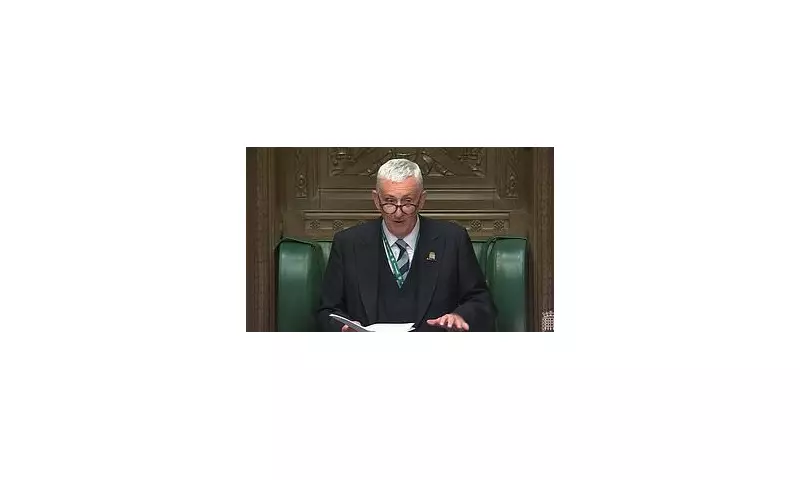
In an extraordinary display of parliamentary fury, Commons Speaker Sir Lindsay Hoyle has launched a blistering attack on government ministers following the dramatic collapse of a high-profile China espionage case. The unprecedented confrontation has sent shockwaves through Westminster, raising serious questions about national security protocols and ministerial responsibility.
Parliamentary Storm Erupts
The Speaker's anger erupted after revelations emerged about the failed prosecution, which centred on allegations of Chinese espionage activities within the UK. Sir Lindsay delivered a stunning rebuke to ministers, accusing them of failing in their fundamental duty to protect sensitive information and maintain the integrity of national security operations.
Security Breaches Exposed
According to parliamentary sources, the case collapsed due to significant procedural errors and potential breaches in handling classified material. The failure has exposed worrying gaps in the government's approach to counter-espionage operations and raised concerns about Britain's preparedness against sophisticated foreign intelligence threats.
Ministerial Accountability Questioned
Sir Lindsay's intervention represents one of the most forceful displays of Speaker authority in recent parliamentary history. He demanded immediate explanations from relevant ministers, emphasising that such failures undermine public confidence in Britain's national security apparatus and could potentially compromise ongoing intelligence operations.
Wider Implications for UK-China Relations
The collapsed case comes at a particularly sensitive time in UK-China relations, with the government walking a diplomatic tightrope between economic cooperation and security concerns. Experts suggest this development could significantly impact future intelligence-sharing arrangements with international partners and Britain's strategic approach to Chinese engagement.
Calls for Transparency Grow
Opposition parties and security commentators are now joining the Speaker in demanding full transparency about the case's collapse. Questions are being raised about what lessons can be learned and what safeguards will be implemented to prevent similar failures in future sensitive prosecutions.
The dramatic parliamentary confrontation underscores the growing tensions between legislative oversight and executive responsibility in matters of national security, setting the stage for potentially significant reforms in how such cases are managed and scrutinised.





